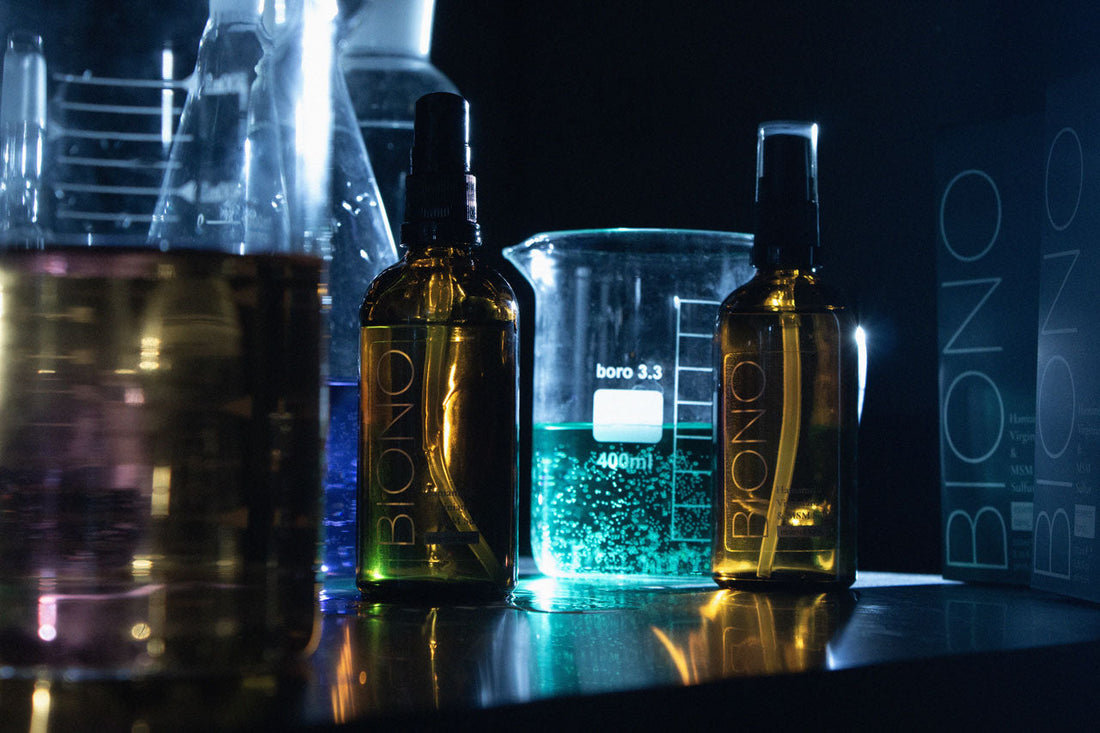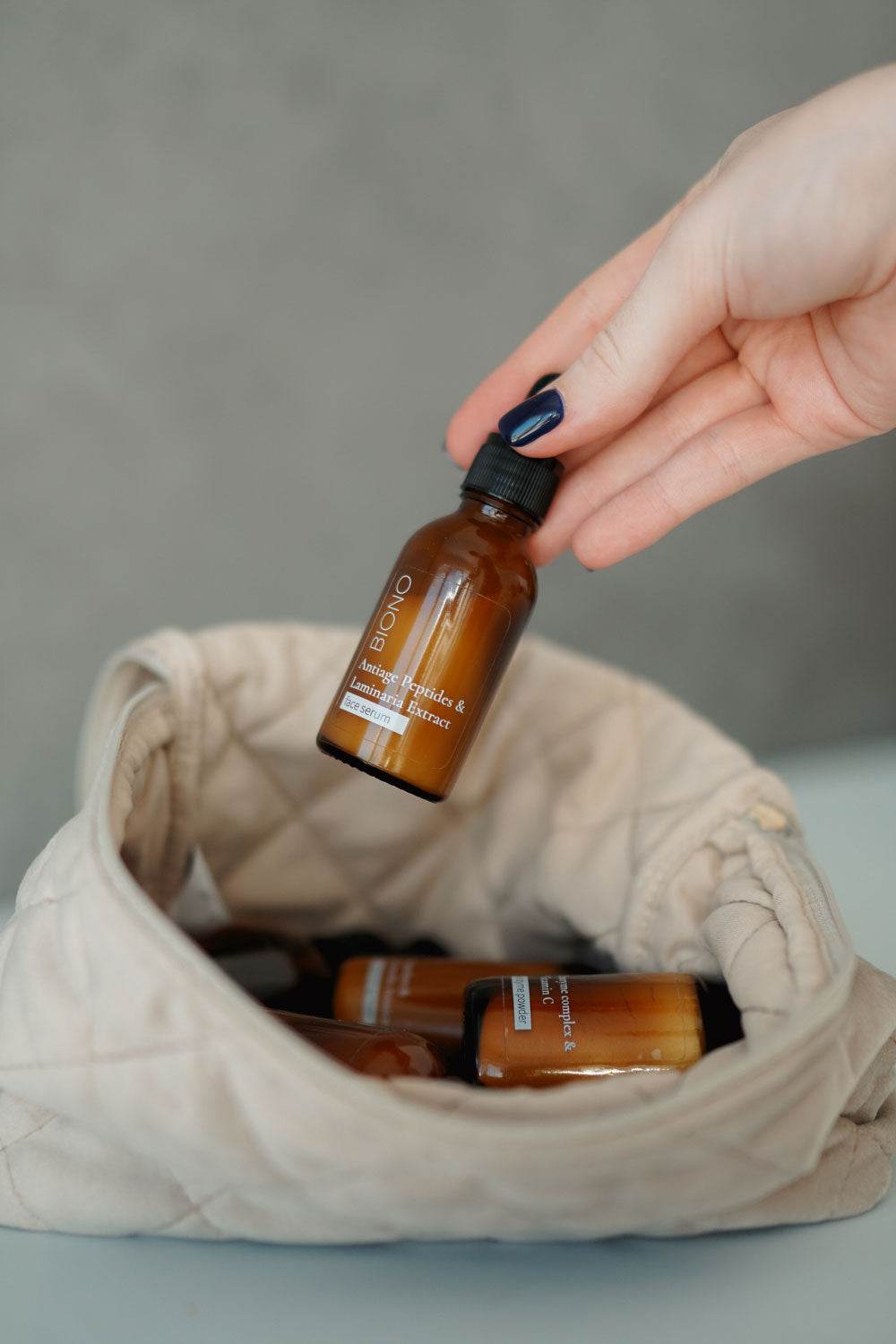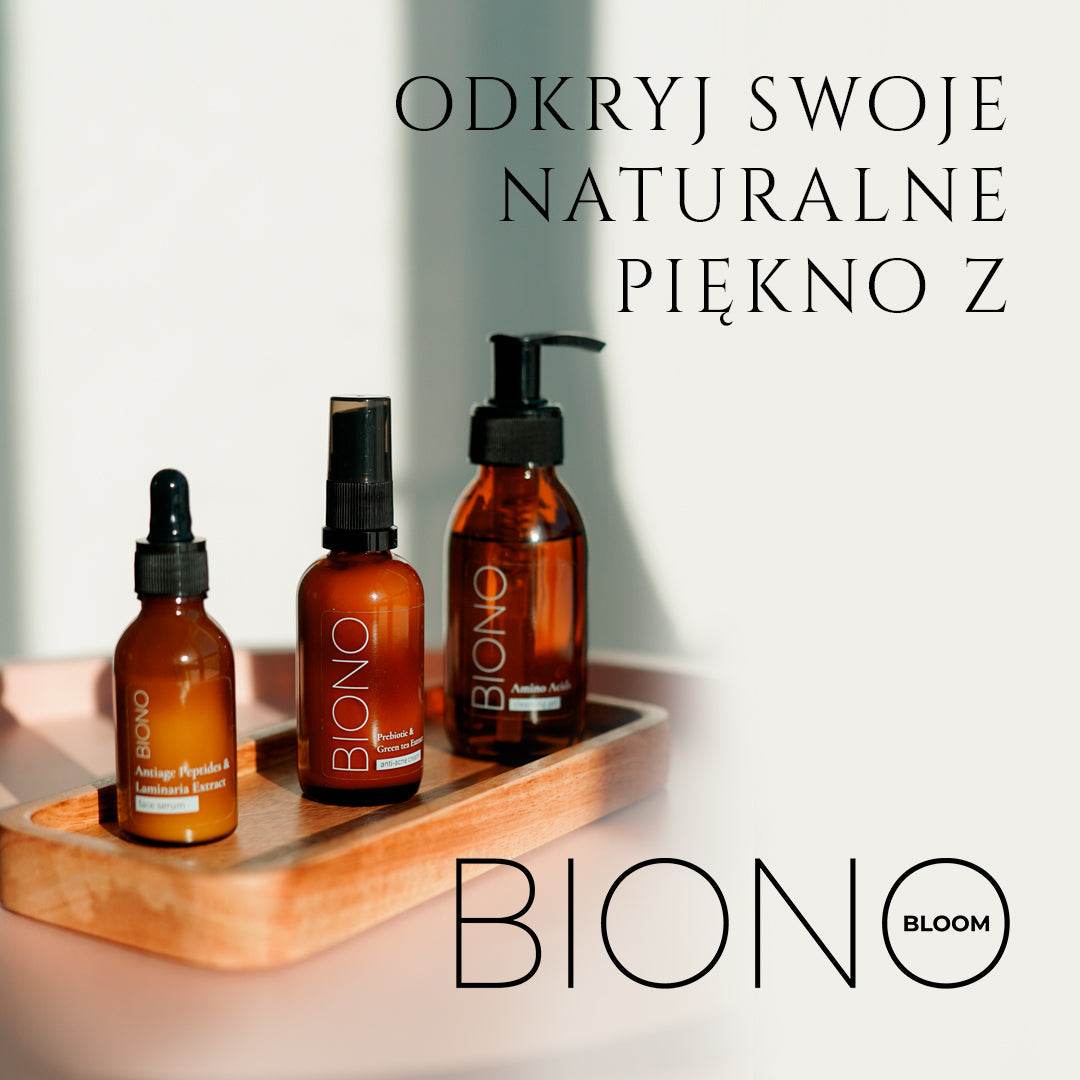
Contract Manufacturing of Private Label Cosmetics – A Comprehensive Guide for Brands
The cosmetics market is growing at a dizzying pace, and contract manufacturing of private label cosmetics has become a key solution for brands seeking to quickly bring their products to market. Working with a professional contract manufacturer allows both startups and established brands to effectively realize their business vision without having to invest in expensive production infrastructure.
What is contract manufacturing of private label cosmetics?
Contract cosmetics manufacturing is a business model in which a specialized manufacturing company produces cosmetics according to the client's specifications, branding them. This type of collaboration combines the best features of outsourcing with the ability to maintain full control over the brand and the final product.
In practice, this means the brand can focus on marketing, sales, and building customer relationships, while the contract manufacturer handles all technical and production aspects. This allows entrepreneurs to launch their own cosmetics line even with a limited initial budget. The private label model also provides the flexibility to adapt formulas and packaging to changing market trends.

Benefits of working with a contract manufacturer
Choosing contract manufacturing for private label cosmetics offers a number of significant financial and operational benefits. Primarily, it eliminates the need to build your own production facility, which requires millions of dollars in investment and years of experience in the pharmaceutical industry.
Contract manufacturers have a ready-made infrastructure, quality certificates, and a team of experienced cosmetic technologists. This means access to advanced know-how without the need to employ an in-house R&D department. Collaborating with a professional partner shortens time to market by up to 70% compared to in-house production.
Another advantage is production scalability. A brand can start with small test batches and then rapidly increase volumes as demand grows. A contract manufacturer also ensures continuity of supply, quality control at every stage, and support with regulatory documentation and product certification.
Stages of cooperation in private label production
The contract manufacturing project process involves several key stages that ensure the success of the final product. The first step is a consultation and client needs analysis, during which we discuss product expectations, the target audience, and the project budget.
Next, the product development phase begins, in which cosmetic technologists create a formula that meets the brand's objectives. During this stage, the contract manufacturer submits test samples, which can be repeatedly modified until the ideal result is achieved. Particular attention is paid to the product's effectiveness, safety, and sensory experience.
Once the formula is approved, the packaging and labeling design phase begins, aligning with the brand's visual identity. The private label manufacturer also prepares technical documentation, safety tests, and compliance reports with applicable cosmetic standards. Only after all tests have been successfully completed and the necessary certificates obtained does mass production and distribution of the finished cosmetics begin.
Product categories in the contract offer
Modern cosmetics contract manufacturing encompasses almost every category of skincare and decorative products available on the market. Manufacturers offer comprehensive solutions tailored to various cosmetic segments.
The most popular private label product categories are:
- Facial care – creams, serums, masks, tonics and emulsions for various skin types
- Body cosmetics – balms, scrubs, oils and moisturizing milks
- Hair products – shampoos, conditioners, regenerating and styling masks
- Decorative cosmetics – foundations, powders, lipsticks, eye shadows
- Natural and organic cosmetics – with certified ingredients of natural origin
- Dermocosmetics – products with healing properties for sensitive skin
Each category requires specialized knowledge and appropriate production certifications. Renowned contract manufacturers possess the technology to produce both classic creams and advanced preparations with the latest generation of cosmetic ingredients. The ability to personalize recipes allows brands to stand out with unique formulas unavailable from competitors.

Key criteria for selecting a contract manufacturer
Choosing a private label production partner is the most important step in building a cosmetics brand. The quality of this collaboration determines not only the final product but also the brand's reputation and customer satisfaction.
The contract manufacturer verification process should include:
- Certificates and quality standards – checking GMP and ISO certificates and compliance with the EU cosmetics regulation
- Experience and portfolio – analysis of previous projects and references from other brands
- Technical support – visit to the production plant and assessment of the level of technology
- Production flexibility – the ability to produce both small and large series
- Technical support – availability of the R&D team and advice during the product development stage
- Price transparency – a clear billing model with no hidden costs
It's also worth considering the contract manufacturer's location, which significantly impacts logistics costs and delivery times. Polish manufacturers often offer more favorable financial terms than their Western competitors while maintaining high quality standards. Furthermore, geographical proximity facilitates direct communication and the resolution of potential production issues.
A well-chosen manufacturing partner is not just a contractor, but a strategic ally supporting brand development. The best contract manufacturers offer comprehensive services—from product concept, through formulation, production, packaging, and logistics.
Legal aspects and certification in cosmetics production
Contract manufacturing of private label cosmetics must meet stringent legal requirements in force in the European Union. Each cosmetic introduced to the market requires the preparation of a detailed Cosmetic Product Safety Report and submission to the CPNP database.
Responsibility for a product's compliance with regulations rests with the Responsible Person, who may be either the client or the contract manufacturer, depending on the contractual arrangements. Professional manufacturers have their own regulatory compliance specialists who maintain all product documentation in accordance with applicable standards.
Natural and organic cosmetics require additional certifications confirming the origin of ingredients and production processes. The most popular certifications include COSMOS, ECOCERT, NATRUE, and USDA Organic. A contract manufacturer specializing in natural cosmetics has the appropriate accreditations and experience in operating certified production lines.
Equally important are product safety tests, which include microbiological, dermatological, and stability testing. Renowned private label manufacturers collaborate with accredited laboratories and conduct a full range of tests before introducing a product to the market. This ensures not only legal compliance but, above all, the safety of end users.
Trends and innovations in contract cosmetics manufacturing
The cosmetics contract manufacturing industry is evolving rapidly, responding to the growing expectations of conscious consumers. Currently, we're observing a clear trend toward clean, vegan, and environmentally friendly product formulations.
Contract manufacturers are investing in research into innovative active ingredients, such as probiotics, biomimetic peptides, and plant extracts from organic farming. Personalized cosmetics, tailored to individual skin needs based on diagnostic tests, are also becoming increasingly popular. Private label technology enables the creation of such personalized lines even for smaller brands.
Key innovations in contract manufacturing include:
- Biodegradable and recycled packaging – a response to growing environmental awareness
- Waterless formulas – concentrates and anhydrous products with a smaller carbon footprint
- Adaptogenic cosmetics – with adaptogenic plants that support the skin's natural balance
- Microbiome-friendly products – they do not disturb the natural skin microflora
- CBD and hemp in cosmetics – legal preparations with cannabidiol and soothing properties
Investing in green technology and sustainable production isn't just a marketing trend, but a real shift in the approach to cosmetics production. Modern contract manufacturers should offer solutions consistent with sustainable development principles, which is becoming an increasingly important selection criterion for conscious brands. The ability to create an eco-friendly private label cosmetics line is currently a significant competitive advantage in the market.

Financial Aspects of Private Label Production
Analyzing the costs of cosmetics contract manufacturing is crucial to the profitability of the entire business venture. Starting a partnership with a contract manufacturer requires considering several expense categories, which vary depending on the scale and complexity of the project.
The first element is product development costs, which include laboratory work, formula preparation, and safety testing. For standard private label products using pre-made formulas, these costs are significantly lower than those associated with creating completely unique formulations. Contract manufacturers often also offer ready-made cosmetic bases that can be customized with the selection of active ingredients and fragrances.
The next category is the actual production costs, which depend on the batch size, the complexity of the production process, and the type of packaging. The general rule is that larger production batches mean a lower unit cost. Minimum order values for contract manufacturers range from several hundred to several thousand units, depending on the cosmetic category.
Additionally, packaging, labeling, certification, and logistics costs must be considered. A private label manufacturer can help optimize costs by suggesting alternative packaging solutions or ingredients with similar performance but at a more favorable price. Transparent pricing and a flexible approach to minimum order quantities are the hallmarks of a professional production partner.
Summary – the key to success in the cosmetics industry
Contract manufacturing of private label cosmetics opens the door to the dynamically growing beauty market for both startups and established brands seeking to expand their portfolios. Collaborating with an experienced contract manufacturer eliminates entry barriers, reduces investment costs, and allows you to focus on building a strong brand and customer relationships.
Success in this business model depends on carefully selecting a production partner who not only has the appropriate technical resources and certifications but also understands the brand's vision and can translate it into exceptional cosmetic products. Investing in quality, innovation, and adherence to current market trends is the foundation of long-term success in the cosmetics industry.






